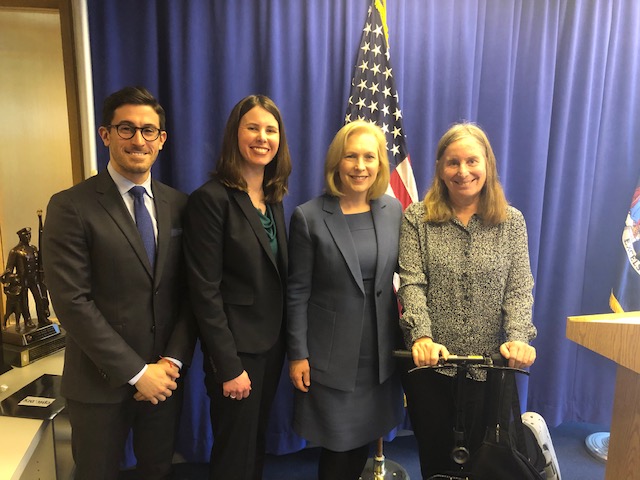What Even One Day Bears: Charters Scrimmage For Majority Control Of The LAUSD Board
In reports downloaded from LA City Ethics Commission records posted between 2/20/20 and 2/21/20 – just 24 hours – the California Charter School Association (CCSA) lobby anted up nearly ¾ of a million more dollars in the LAUSD board District 3 race. Despite being one of the most visible forces in school board lobbying and elections, CCSA has endorsed in only one of four school board races this year.
In all, over one million new dollars was recorded, with more than 80% spent by partisans intent on reclaiming the majority board they lost when their candidate Ref Rodriguez plead guilty to felony money laundering and Jackie Goldberg was elected to his seat.
For comparison, in contrast with large contributions we reported previously, free market ideologue Bill Bloomfield contributed a modest $61,000 in the same time. Meanwhile CCSA spent nearly $500,000 dollars on their singular candidate Koziatek, and just shy of another one-third million smearing her opponent.
Table 1 above compares independent expenditures reported in the past 24 hours (bottom), with those in the preceding five months (top) between 5/19/19 and 2/19/20.
An update of the chart published last week, 2/20/20, uses proportional CONTINUE READING: What Even One Day Bears: Charters Scrimmage For Majority Control Of The LAUSD Board – Los Angeles Education Examiner






















